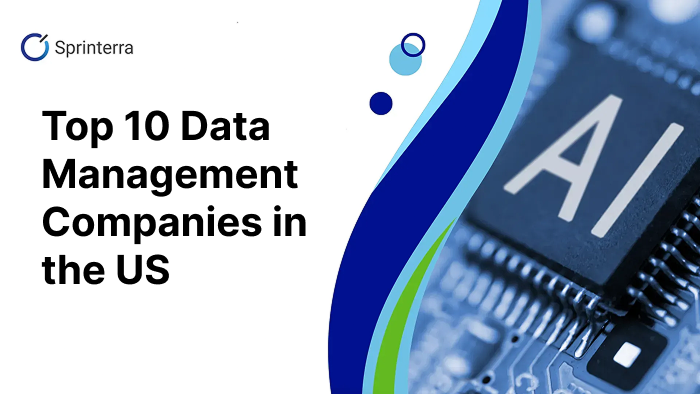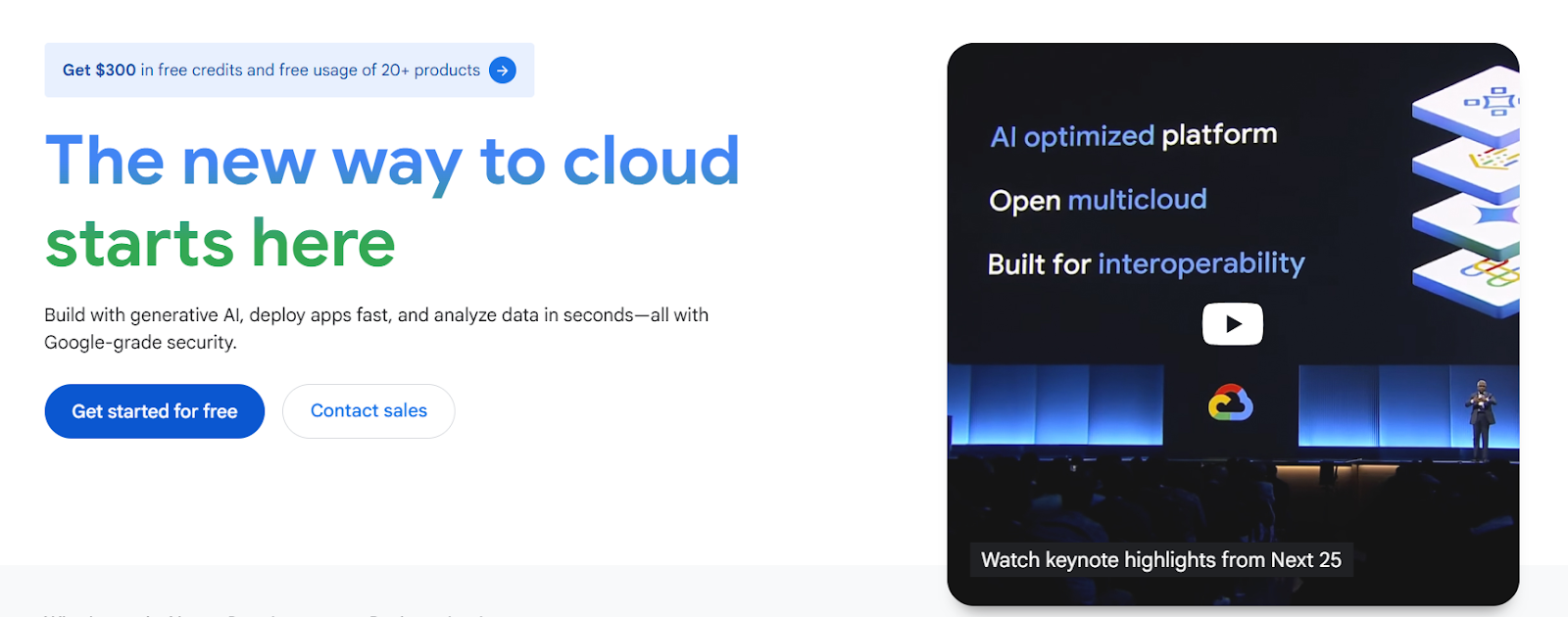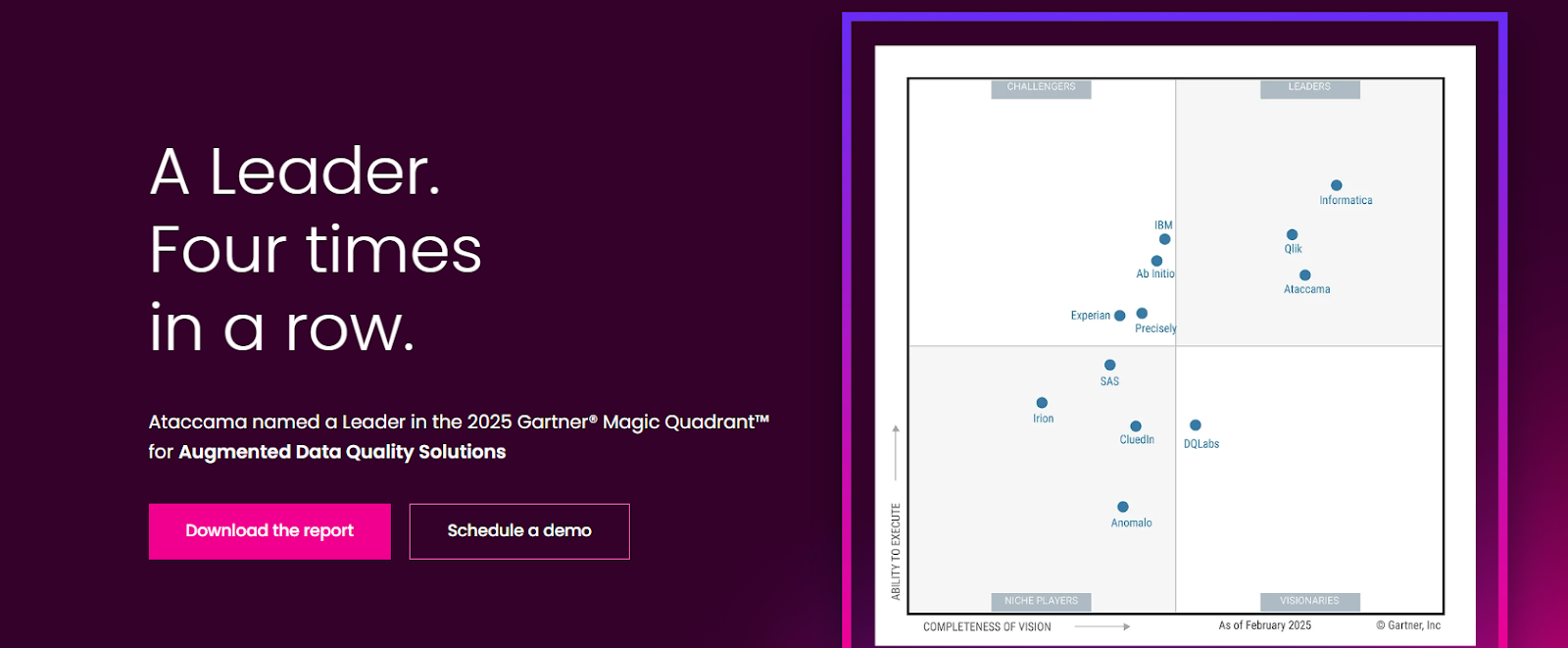
Imagine walking into a massive library where the books are scattered across the floor, some half-written, some misfiled, and others written in a different language. Now imagine having only a minute to find the one book you need. Sounds chaotic, right? That’s exactly what bad data management feels like in the digital world.
Data is the lifeblood of modern business, government, healthcare, and even our personal lives. Every click, transaction, medical diagnosis, and social media post generates information. But data, on its own, is just noise. Without organization, storage, and access protocols, businesses can’t find what they need, let alone use it effectively.
Enter database management system (DBMS) companies, architects of order in the digital universe. These firms create platforms that collect, store, organize, secure, and retrieve data efficiently. As digital transformation accelerates across all industries, the role of DBMS companies has grown exponentially.
In this post, we’ll explore why data management is essential, the core components of effective data management, and finally, spotlight the top 10 companies shaping the database management system market in the US today.
In today’s digital economy, data is more than just a byproduct of operations. It’s a vital business asset. Think of your organization as a high-tech ship, and data as the fuel that drives its progress. Now, imagine trying to sail through turbulent waters without a skilled engineer in the engine room. That’s exactly what trying to manage massive volumes of data without expert help feels like. This is where database management companies come into the picture.
These specialized firms serve as the backbone of modern data-driven enterprises. They ensure your data is collected, stored, cleaned, analyzed, and secured efficiently, giving you the confidence to make critical decisions, deliver seamless customer experiences, and comply with evolving regulations.
Let’s break down what a Database Management Company does and why it matters.
A database management company focuses on the strategic handling of your data infrastructure. Whether you’re a startup or a multinational enterprise, these companies ensure that your data environment supports your business goals without compromising performance, security, or scalability.
Here are the core functions of a professional database management company:
In the average business environment, data pours in from multiple sources systems, websites, mobile apps, social media platforms, IoT devices, and more. Database management firms help consolidate these disparate data streams into a unified repository, making it easier to manage and analyze.
They use tools and techniques like ETL (Extract, Transform, Load) processes to ensure your data is standardized and ready for downstream applications.
Once data is collected, it needs to be stored in a manner that balances performance, cost, and accessibility. Whether on-premises or in the cloud, database experts set up and manage robust data storage systems optimized for reliability and speed.
With today’s growth in big data and real-time analytics, companies need storage solutions that can scale seamlessly. Database management partners design infrastructures that grow with your business no more outages or sluggish systems when your traffic spikes.
“Dirty data” can be one of the most expensive problems for a company. Duplicate records, outdated fields, inconsistencies, and missing values can lead to poor customer insights and flawed business decisions.
Database management companies use data cleansing techniques to ensure your information is accurate, up to date, and usable. This process enhances your data quality and, in turn, the effectiveness of your analytics and automation systems
It’s not enough to simply store data, you have to understand it. Database firms often integrate business intelligence (BI) tools and analytics dashboards that turn raw data into actionable insights.
By building powerful querying capabilities, visualizations, and predictive analytics, these companies help stakeholders at all levels gain real-time insights and spot trends early. This data-driven decision-making can lead to new product innovation, better customer service, and more efficient operations.
Cyber threats are more advanced than ever, and data privacy regulations are tightening across the globe. From GDPR to HIPAA and CCPA, failing to meet compliance requirements can result in massive fines and reputational damage.
Database management companies prioritize data security through:
In essence, they build digital fortresses around your data and ensure your audit-readiness at all times.
The importance of partnering with a data management expert isn’t just conceptual; it’s measurable. According to a recent McKinsey study, companies that invest in effective data management are:
That’s not just a slight edge, it’s a complete transformation. When your data is accurate, secure, and easily accessible, your teams can make faster, smarter decisions, and your organization becomes more agile and competitive.
The surge in demand for Data Management Solutions has led to a boom in service providers, but not all database management companies are created equally. So, how do you identify the right partner in a crowded marketplace?
We’ve completed research to highlight the most reliable and innovative players on the field. Here’s the methodology we used to select the top database management companies:
A good database management company isn’t just a general IT firm, you’re specialists. We prioritized firms that demonstrate technical excellence in core areas such as:
Specialization ensures that companies can deliver customized solutions tailored to unique business needs, rather than relying on one-size-fits-all templates.
Experience counts. We looked at companies with a portfolio of successful projects across industries like finance, healthcare, e-commerce, and logistics. Case studies and client testimonials gave us insights into their ability to solve complex challenges and deliver scalable results.
Did they help a Fortune 500 company migrate terabytes of data to the cloud with zero downtime? Did they rescue a failing data infrastructure for a high-growth startup? These are the stories that separate top performers from the rest.
As your business grows, your data needs will evolve. We prioritized companies that offer scalable solutions capable of adapting to increased data volumes, more users, and emerging technologies like machine learning and IoT.
Whether you’re planning a global expansion or shifting to hybrid cloud, your database partner should be ready to grow with you, not hold you back.
We focused on companies with a long-standing presence in the industry that have weathered technological shifts and continued to innovate. Their experience gives them a nuanced understanding of both legacy systems and next-gen platforms.
These companies have seen everything from mainframes to modern AI-driven architecture, and they know how to future-proof your database systems.
Finally, support matters. Even the most advanced database solution can falter without reliable, ongoing maintenance. We selected companies known for their excellent customer service, 24/7 support, and collaborative working style.
We also gave weight to those offering value-added services like training, documentation, and proactive performance monitoring.
We’re producing more data than ever before. It’s estimated that the world generates over 328 million terabytes of data every day, and that number is accelerating. But here’s the challenge: all this data means nothing if you can’t manage it. Whether you’re a startup or a Fortune 500 company, proper data management gives you the ability to:
Without a robust DBMS, businesses are not just inefficient, they’re vulnerable.
Company size: 50–200 employees
Founding year: 2007
Website: https://sprinterra.com/
Headquarters: New York, NY, USA
Company Overview:
Sprinterra is a dynamic U.S.-based software development company specializing in data management solutions that transform raw information into strategic business intelligence. With a strong foothold in industries such as healthcare, fintech, and enterprise IT, Sprinterra offers robust data management services that help businesses make sense of their ever-expanding digital ecosystems.
In today’s world, business data flows in from numerous sources platforms, websites, third-party vendors, IoT devices, and internal applications. Without a structured approach to managing it, companies risk data chaos, compliance violations, and missed opportunities. Sprinterra solutions bring order to this chaos by integrating, analyzing, and managing transactional and analytical data to provide meaningful insights.
The company focuses on not just storing data but unlocking its full value. Their comprehensive services include master data management (MDM), data governance, and end-to-end engineering tailored to client-specific needs. Whether it’s handling client and employee data, streamlining financial records, or integrating cross-platform datasets, Sprinterra enables smarter, more data-driven decision-making.
By blending technical expertise with industry insight, Sprinterra ensures that data becomes an asset, paving the way for operational efficiency, customer satisfaction, and scalable growth.

Company size: 220,000+ employees
Founding year: 1975
Website: https://www.microsoft.com/
Headquarters: Redmond, WA, USA
Company Overview:
Microsoft is a global technology leader whose data management solutions continue to define industry standards. With flagship products like Microsoft SQL Server, Azure Data Factory, and Azure Synapse Analytics, Microsoft offers an unparalleled blend of cloud scalability, real-time analytics, and enterprise-grade security. The company’s strength lies in the seamless integration of these services across its larger ecosystem Windows Server, Microsoft 365, and Dynamics 365delivering a unified experience for businesses of all sizes.
Azure’s advanced AI capabilities power predictive insights, while Synapse enables real-time data warehousing and reporting. Microsoft’s layered security architecture ensures data privacy and integrity at every level, making it a trusted solution for regulated industries. Whether on-premises or in the cloud, Microsoft supports hybrid environments, empowering organizations to scale with confidence.
With its long-standing commitment to innovation, Microsoft has evolved its data services to meet the demands of AI, automation, and digital transformation. Enterprises rely on Microsoft not only for robust infrastructure but also for intelligent tools that turn data into actionable insights fueling smarter decisions and sustained growth.

Company size: 180,000+ employees (under Alphabet Inc.)
Founding year: 1998 (Google), Google Cloud launched in 2008
Website: https://cloud.google.com/
Headquarters: Mountain View, CA, USA
Company Overview:
Google Cloud is a cutting-edge provider of cloud-based data management and analytics tools that leverage automation, artificial intelligence, and real-time processing. With key products like BigQuery, Cloud Spanner, and Dataflow, Google Cloud empowers enterprises to unlock the value of big data without the burden of infrastructure management.
BigQuery allows organizations to perform lightning-fast analytics on petabyte-scale data using SQL, while built-in ML models (BigQuery ML) make predictive insights accessible to non-data scientists. Cloud Spanner delivers globally distributed, ACID-compliant databases with horizontal scalability, and Dataflow supports real-time and batch data processing pipelines.
What sets Google Cloud apart is its serverless architecture, which simplifies deployment and scaling while optimizing performance. This platform is ideal for businesses seeking instant insights, advanced automation, and AI-driven analytics.
With a reputation for innovation, security, and sustainability, Google Cloud continues to shape the future of data intelligence. It is particularly well-suited for startups, tech giants, and enterprises looking to modernize their data strategies with a flexible, scalable, and intelligent cloud environment.

Company size: 280,000+ employees
Founding year: 1911
Website: https://www.ibm.com/
Headquarters: Armonk, NY, USA
Company Overview:
IBM is a cornerstone of the enterprise IT world, offering decades of experience and a reputation for reliability, particularly in data management and analytics. Its flagship offerings IBM Db2 and IBM Cloud Pak for Data combine legacy power with next-generation capabilities like AI and hybrid cloud integration.
IBM Db2 remains a gold standard for online transactional and analytical processing (OLTP and OLAP), trusted by financial institutions and government entities alike. Cloud Pak for Data brings together data governance, AI, and scalability, helping organizations unify disparate datasets across on-premises and cloud environments.
A standout feature of IBM’s ecosystem is the integration of Watson AI, which brings advanced machine learning and NLP capabilities directly into data workflows. This enables smarter, faster, and more transparent decision-making.
IBM also supports both structured and unstructured data, deployable via containers across any cloud making it a flexible, enterprise-grade solution. From data lineage and compliance to high-level analytics, IBM is ideal for organizations needing robust governance, mission-critical reliability, and intelligent insights.

Company size: 3,000+ employees
Founding year: 2008
Website: https://www.cloudera.com/
Headquarters: Santa Clara, CA, USA
Company Overview:
Cloudera is a leading name in enterprise big data management, known for delivering secure, open-source-based solutions tailored for large-scale and hybrid cloud environments. Its flagship product, Cloudera Data Platform (CDP), is purpose-built for handling vast, complex datasets that span on-premises systems and public or private clouds.
Cloudera integrates the best of Apache Hadoop, Spark, and other open-source technologies to enable real-time analytics, machine learning, and data lake creation. Organizations can build scalable and flexible architectures that ensure compliance, performance, and agility in handling data-intensive workloads.
With support for hybrid and multi-cloud environments, Cloudera allows businesses to choose where and how their data is stored and processed. The platform also features advanced security controls, robust governance tools, and customization capabilities that give organizations full control over their data pipelines.
Cloudera is especially suited for industries like finance, healthcare, telecommunications, and manufacturing, where large-scale data processing, real-time insights, and regulatory compliance are paramount. It’s the platform of choice for enterprises that want to make big data manageable, secure, and intelligent.

Company size: 5,000+ employees
Founding year: 1993
Website: https://www.informatica.com/
Headquarters: Redwood City, CA, USA
Company Overview:
Informatica is the global leader in cloud-native data integration, data governance, and master data management. Its flagship product, Informatica Intelligent Data Management Cloud (IDMC), is a fully automated, AI-powered platform designed to help businesses manage, govern, and maximize the value of their data across multi-cloud and on-premises environments.
With a metadata-driven architecture, IDMC enables organizations to streamline data ingestion, transformation, and orchestration all without writing a single line of code. The platform supports a wide range of use cases, from real-time and batch processing to data lineage tracking, privacy compliance, and advanced analytics.
Informatica’s no-code capabilities make it accessible to business users and developers alike. Its deep compliance framework ensures adherence to global data privacy standards like GDPR, HIPAA, and CCPA.
As organizations increasingly adopt multi-cloud architectures and face growing regulatory challenges, Informatica stands out as a trusted partner for enterprise data management. It’s the ideal platform for companies looking to automate complex data flows while ensuring quality, trust, and compliance.

Company size: 140,000+ employees
Founding year: 1977
Website: https://www.oracle.com/
Headquarters: Austin, TX
Company Overview:
Oracle Corporation is one of the world’s most recognized names in enterprise database management. Renowned for its flagship product, Oracle Database, and cutting-edge Oracle Autonomous Data Warehouse, the company has established itself as a leader in managing complex, high-volume data environments. Oracle’s databases are trusted by global corporations across finance, healthcare, retail, and government sectors due to their robustness, high availability, and ironclad security.
What sets Oracle apart is its innovation in autonomous database technology. These databases use built-in machine learning to automate tasks like patching, tuning, and security dramatically reducing manual maintenance and human error. Oracle’s cloud-first approach also enables hybrid deployment, allowing businesses to leverage both on-premise and cloud solutions.
With advanced features like real-time analytics, automated optimization, and integrated AI capabilities, Oracle is best suited for enterprises seeking scalability, compliance, and mission-critical data management. Its commitment to data integrity and performance underpins some of the most demanding workloads in the industry today.

Company size: 1,200+ employees
Founding year: 2008
Website: https://www.collibra.com/
Headquarters: New York, NY
Company Overview:
Collibra is a market leader in data intelligence and governance solutions, helping organizations make their data more trusted, secure, and usable. Headquartered in New York, Collibra empowers data-driven enterprises by offering a cloud-native platform that automates data cataloging, classification, lineage, and access controls. Its flagship product, the Collibra Data Intelligence Cloud, is essential for companies in regulated industries like finance, healthcare, and insurance.
Built with privacy and compliance at its core, Collibra supports major regulations such as GDPR, HIPAA, and CCPA. Its tools enable organizations to map their data landscape with clarity and ensure proper stewardship through role-based access, policy management, and automated discovery.
What differentiates Collibra is its strong emphasis on collaborative governance and accountability across business units. With seamless integration into cloud and on-premise data ecosystems, Collibra provides both technical and non-technical users with the visibility they need to work confidently with data.
Enterprises turn to Collibra to eliminate data silos, ensure compliance, and build a foundation of trusted data that drives innovation, efficiency, and strategic decision-making.

Company size: 500–1,000 employees
Founding year: 2007
Website: https://www.ataccama.com/
Headquarters: New York, NY
Company Overview:
Ataccama is a leading provider of data management and governance solutions that blend AI with automation to deliver cleaner, more reliable data. Its flagship product, Ataccama ONE, is a unified platform for data quality, master data management (MDM), and metadata management. Designed for both business users and IT professionals, Ataccama simplifies complex data tasks through an intuitive interface and powerful backend engine.
Ataccama ONE offers real-time data profiling, cleansing, and validation, making it ideal for enterprises with fragmented or inconsistent data environments. Its AI-powered automation supports self-healing data mechanisms and policy-driven governance, ensuring that data remains accurate and compliant at all times.
With support for multi-domain MDM and seamless scalability, Ataccama empowers organizations to gain control over their data assets, regardless of complexity or volume. The platform’s ease of use also means that non-technical stakeholders can actively participate in maintaining data quality.
Ataccama is the go-to choice for businesses seeking an agile, intelligent, and integrated approach to data management especially those undergoing digital transformation or handling large volumes of disparate data across multiple systems.

Company size: 60,000+ employees
Founding year: 2015 (spun off from Hewlett-Packard)
Website: https://www.hpe.com/
Headquarters: Houston, TX
Company Overview:
Hewlett Packard Enterprise (HPE) is a global technology company specializing in enterprise-grade IT infrastructure and hybrid cloud services. Since its formation in 2015, following the split from Hewlett-Packard, HPE has focused on enabling digital transformation through scalable, AI-integrated solutions. Its standout platforms Ezmeral Data Fabric and HPE GreenLakeare tailored to support massive data workloads across on-premises, cloud, and edge environments.
HPE’s hybrid model combines flexibility with high-performance data processing. Ezmeral supports advanced analytics, containerized applications, and edge computing, while GreenLake offers a consumption-based pricing model that lets businesses scale IT resources as needed. These platforms are especially valuable for industries that rely on real-time insights, such as manufacturing, telecom, and logistics.
By integrating AI and machine learning into its ecosystem, HPE helps businesses analyze data closer to where it’s generated, improving efficiency and reducing latency. Its solutions support a broad range of data types and workloads, all while ensuring top-tier security and regulatory compliance.
HPE continues to lead the industry in delivering end-to-end infrastructure that bridges cloud innovation with enterprise reliability, helping organizations of all sizes gain actionable insights from their data.
Now that you’ve managed and structured your data, what’s next? That’s where Business Intelligence (BI) platforms come in.
BI platforms like Tableau, Power BI, and Looker transform raw data into interactive dashboards, visualizations, and predictive models. They help decision-makers make sense of massive datasets in seconds. In essence:
Together, data management and BI platforms unlock the full potential of your information.
Data is the currency of the digital age. Businesses that harness it well gain a competitive advantage, agility, and insight. And those that neglect it? They risk irrelevance, inefficiency, and costly mistakes.
As we’ve seen, the US DBMS market is full of innovative companies with unique strengths, specialties, and value propositions. From giants like Microsoft and Oracle to governance-first platforms like Collibra and Ataccama, the landscape is rich with opportunity.
So, whether you’re a startup building your first data stack or a global enterprise modernizing legacy systems, choosing the right database management system partner is one of the most strategic decisions you can make.
A database management company provides tools and services to collect, store, organize, and protect data. These firms help businesses manage growing volumes of data efficiently, ensuring accuracy, security, and accessibility.
Effective data management helps companies make better decisions, improve customer experiences, ensure regulatory compliance, and reduce operational risks. It turns raw information into usable business intelligence.
Top data management companies offer services such as data integration, secure storage, data quality assurance, analytics, reporting, and compliance support. Many also provide cloud and AI-powered solutions.
To choose the right provider, consider factors like industry experience, scalability, security features, customer support, and alignment with your data infrastructure. Look for firms with a proven track record and customizable solutions.
A data quality management service ensures your data is accurate, consistent, and up to date. This leads to better analytics, reduced errors, improved compliance, and more reliable insights across your organization.
Get the latest insights on exponential technologies delivered straight to you